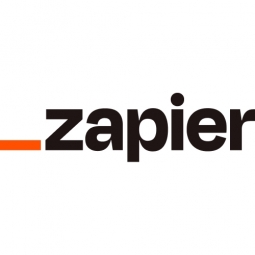Overview
 |
Automation: The Key to Halo Cars' Rapid Growth and Acquisition by LyftZapier |
Automotive Finance & Insurance | |
Sales & Marketing | |
Leasing Finance Automation Material Handling Automation | |
System Integration | |
Operational Impact
The automation of the onboarding process and other tasks not only improved efficiency but also had a positive impact on the team's morale. The team members were relieved to be freed from the tedious process that they had to do and did not want to do. This allowed them to focus on more creative and challenging tasks, thereby increasing job satisfaction. Furthermore, the automation made the company appear larger and more efficient to external parties. Agencies, investors, and even Lyft were impressed with how much the small team was able to accomplish and how quickly they could grow and scale. The company's responsiveness and ability to handle tasks quickly were particularly noted, contributing to its positive reputation and eventual acquisition by Lyft. | |
Quantitative Benefit
Reduced the onboarding process from hours to minutes per driver | |
Increased the number of drivers they could onboard from about 10 per day to hundreds | |
Saved tens of thousands of manual, time-intensive hours over the lifetime of the business | |


